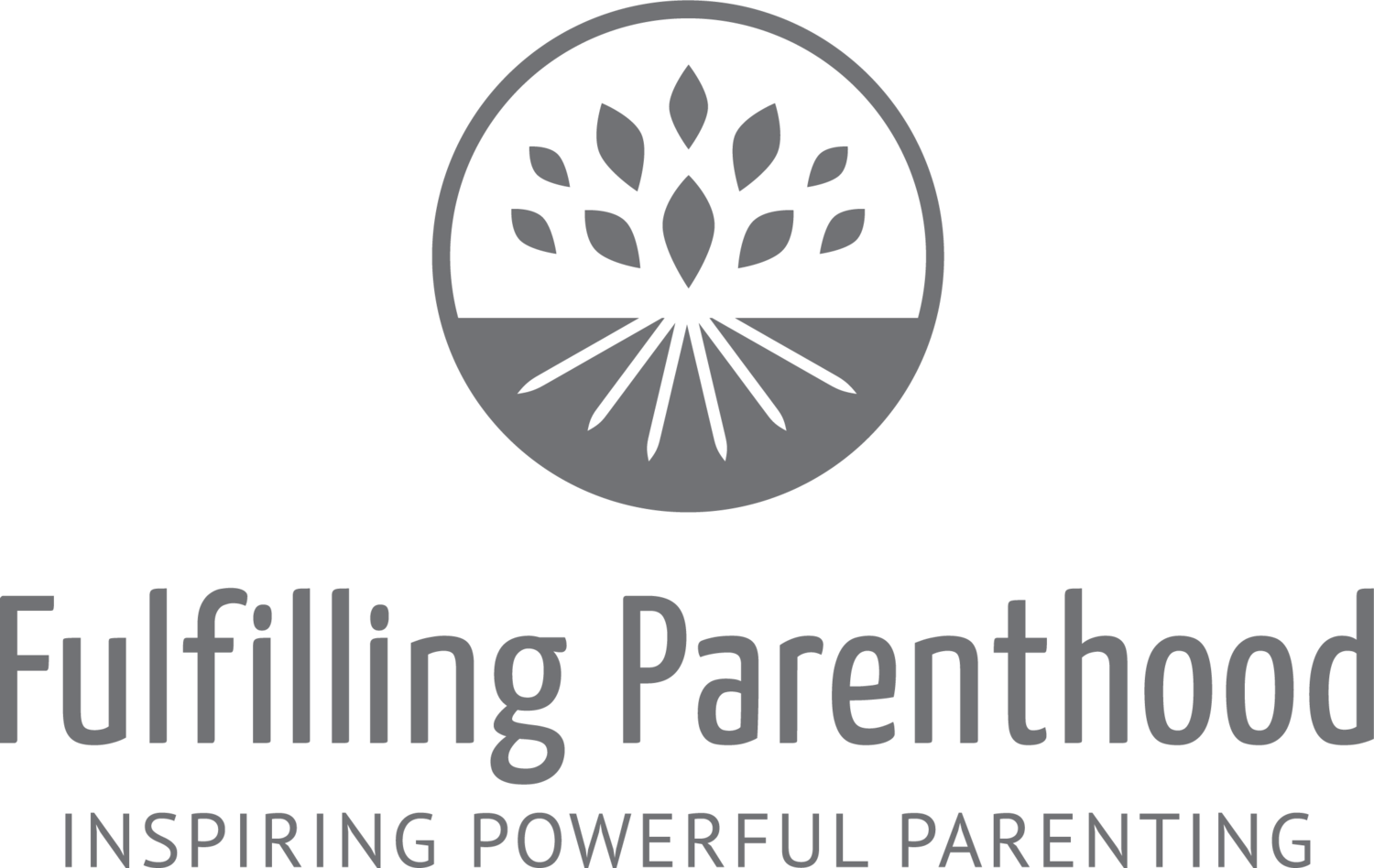Those oxygen masks we’re supposed to be putting on first: Why?
This metaphor is so common we barely even contemplate it, but let’s look at it for a minute. An oxygen mask dropping down mid-flight is a signal of an emergency. In an emergency, a little drizzle of air could be just what’s needed to sustain us for a short while. But how do we handle the stress of ordinary flights? There’s usually enough oxygen in the cabin for everyone, even when we’re in a bit of turbulence. Wouldn’t soothing ourselves and our loved ones help us weather the storms?
The oxygen mask metaphor is alarming, and it’s wrong. We need to look after ourselves and others so we don’t find ourselves in crisis, not just when we find ourselves in the midst of one.
Self care that allows us to avoid emergencies, that resources us enough to be the source of care for others, and that provides enough systemically so we’re not all struggling individually—that’s sustaining self care.
Sustaining self care isn’t the oxygen mask model of temporary emergency measures just to survive, but neither is it the manicure model of taking a break from your kids for a wee bit of pampering. Sustaining self care is steadier and more significant. It is looking after the basics your body needs, minding your boundaries, making use of structure to act on your best intentions, finding support so you aren’t managing alone, taking recess in the form of rest or play, and being a resource for others.
This is not a set of items to add to your task list, but a measure of your attention, a method of checking in with yourself.
basics - The basics are your needs for food, water, hygiene, and other biological care. Basics tend to your body, including your brain. Are you sleeping, eating, drinking water, getting a shower, brushing your teeth, taking medications? Are you getting outdoors to ground yourself and to get natural light? The useful self-care resource Everything is Awful and I’m Not Okay is, appropriately, mostly basics.
boundaries - Boundaries protect your vulnerabilities from being overrun, and are for yourself as well as other people. Are you acting within your capacity? Is there anything you need to scale back on? Is there anyone you need to hold at a distance? What input would be better not to take in? What are you sharing that might better be kept to yourself?
structure - Rhythms and routines provide the structure that help you carry out your best intentions. Do you have rituals of meaning for yourself, things like meditation, movement, journaling? What are your morning and evening routines that care for your future self? Do you have a steady bedtime and wake time? What touchpoints are in your day?
support - You need connection and care in the form of support from others, because you can’t just care for yourself by yourself. What family, friends, mentors, mutual aid, or community groups are available for you? Do you have the resources of money, time, and energy to hire a support professional like a child minder, therapist, coach, doctor, accountant, tutor, or trainer? What support can you reach out for from people who care about you? How do you cultivate connection?
recess - Recess is how you recover. You can take a recess like a judge or like a kid: retreat into rest or burst into play. How do you rest from the ways you work at relationships and responsibilities? What burdens can you set down? Where can you withdraw? What do you need to grieve in service of resilience? What does play look like for you? What are you curious about? What is engaging to your creative self?
resource - Community care is self care; we are all connected. When you are a resource for others you strengthen and broaden the circle of care. How are you ensuring that those you care for have your support? How are you serving your community? How do you contribute to mutual aid? What actions are you taking in solidarity with others? How are you nurturing the world you want to live in?
Self care is the necessary self regard and loving care that allows us to show up in our lives and for our people. How are you honoring and loving your body, your heart, your mind, your community?

